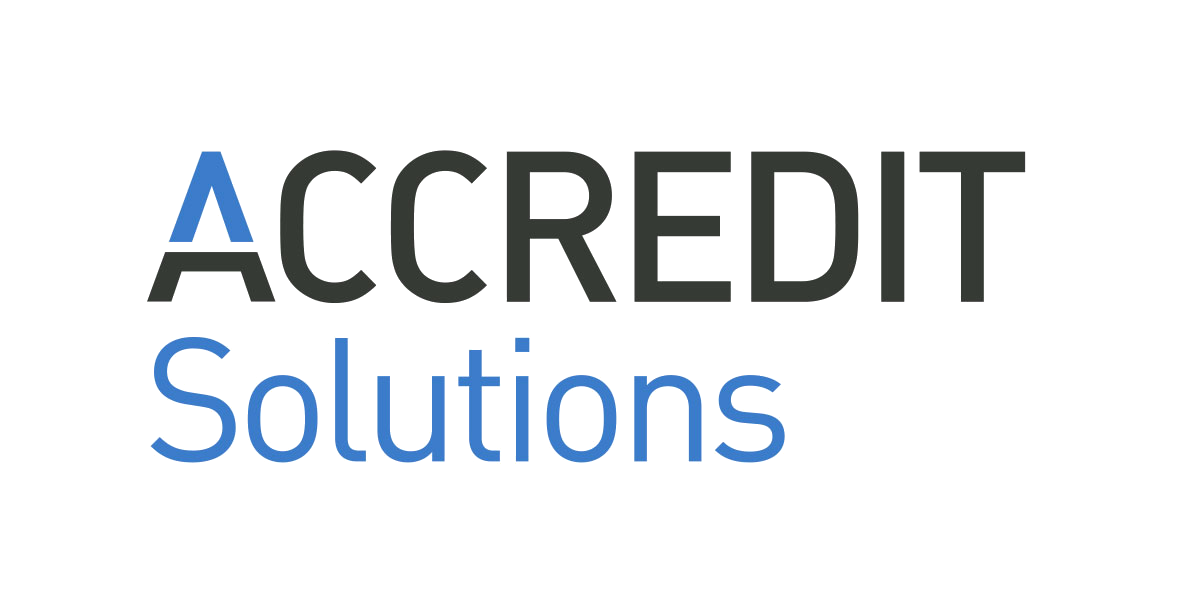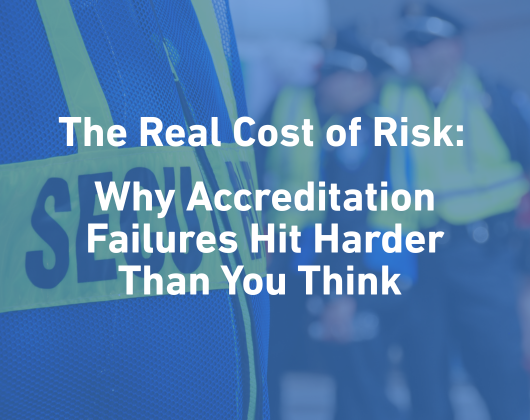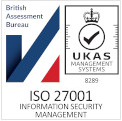Operating a large venue or organising an event that hosts tens of thousands of people brings huge responsibility. From GDPR compliance to preventing illegal workers, here are four ways the accreditation process can help keep you on the right side of the law.
Illegal workers
For large venues and events, there is no way of avoiding the employment of contractors and temporary staff and this leaves organisers vulnerable to illegal workers. The current fine in the UK is up to £20,000 per person for employing illegal workers and that includes students with expired visas, as well as people who work on a visit visa. So it’s imperative to be sure that everyone working within your stadium has a right to work.
Identities must be verified, immigration status confirmed and it’s important that contractors employ the same level of screening. An accreditation platform will provide an incredibly efficient way to collect this information by allowing applicants to securely submit documents for further verification. It will also produce alerts when documents are due to expire or need updating.
Duty of care
Venue operators are obligated to protect members of the public from terrorists and provide a safe and secure environment for staff and workers.
Use an accreditation to assign security levels, access zone privileges and produce badges with this information clearly visible. Scan badges or check details each and every time someone needs to access a secure zone. This ensures that restricted areas are kept secure and that only persons with valid permits are allowed access.
Data protection
GDPR imposes strict requirements on the way data is collected, stored and processed. At a basic level, GDPR requires you to know where all of the personal information and data you have collected from people is stored. Businesses must consolidate all of their documents holding personal data in a secure space or cloud storage. It also recommends proper encryption to protect data information from exposure and unauthorized access.
If you are collecting accreditation applications via email, or have spreadsheets flying in from contractors, you could be breaking the rules. Accreditation software will take this headache away by allowing workers and contractors to submit registrations through a secure system, record all processing activities and store data in an encrypted environment.
Data collection
The personal data you collect must be ‘adequate, relevant and not excessive.’ The accreditation process invariably means asking for sensitive information and documentation, but the information you need from someone needing access to a restricted area may be very different to the information you need from a steward outside the stadium. An accreditation system should allow you to build different application forms for different groups, meaning that your accreditation forms are only collecting relevant information.





![EAS-Accredit-300dpi[22]](https://www.accredit-solutions.com/wp-content/uploads/2024/01/EAS-Accredit-300dpi22-300x156.png)

